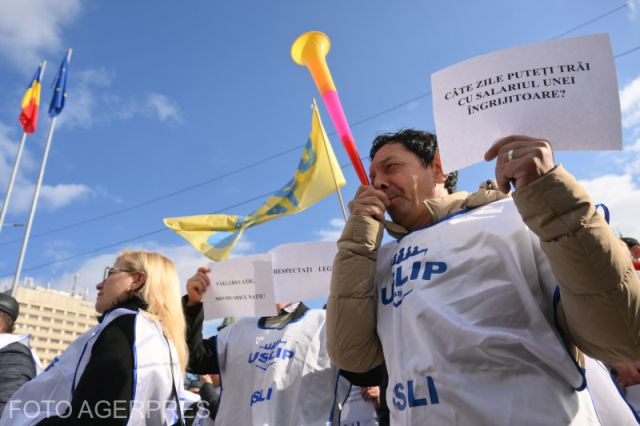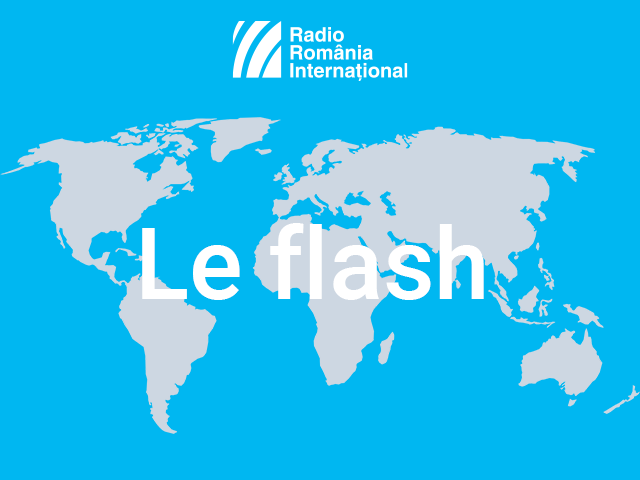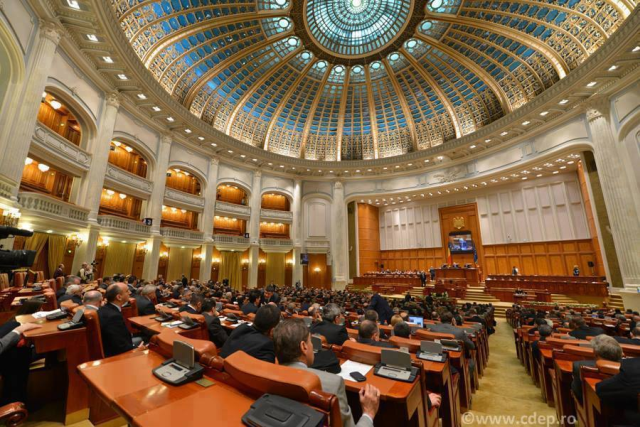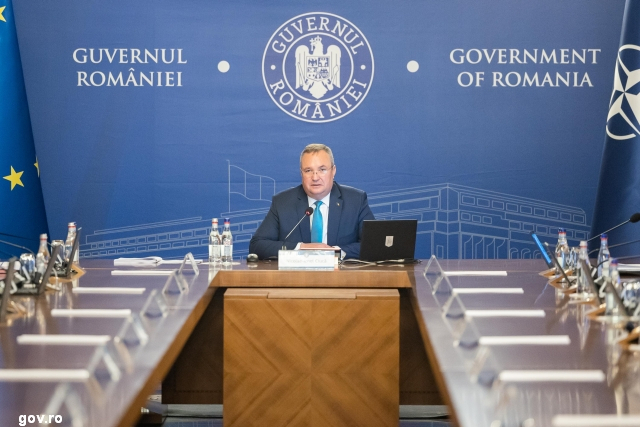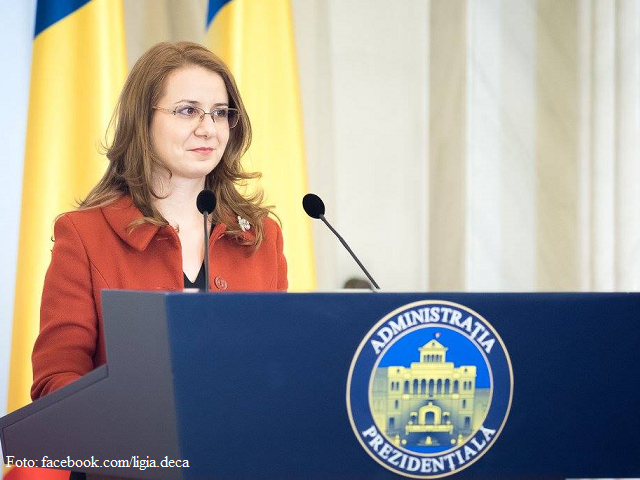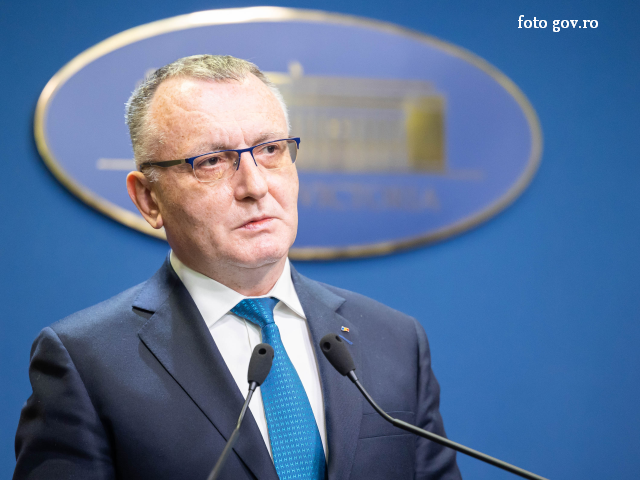Visit — Next week the Romanian president Klaus Iohannis will pay an official visit to Japan and a state visit to the Republic of Singapore, the Presidential Administration announced on Friday. The Romanian official will visit Japan between March 6 and 8 and will have meetings with Emperor Naruhito, the Prime Minister Fumio Kishida, as well as with other officials. The main target and event of this visit is to raise the bilateral relationship to the level of Strategic Partnership, through the signing of the Joint Declaration by the Romanian President and the Japanese Prime Minister, a declaration establishing the Strategic Partnership between the two countries. The Japanese state is the largest Asian investor in Romania. The state visit of the Romanian head of state to Singapore will take place between March 9 and 10, being the first visit to this country in the last 20 years by a president of Romania. Klaus Iohannis will have official talks with his counterpart Halimah Yacob and with Prime Minister Lee Hsien Loong. The main aim of this visit is to boost bilateral relations, especially in the economic and investments fields.
Mission — A detachment made up of approximately 100 soldiers and four F-16 Fighting Falcon aircraft of the Romanian Air Force will participate in the enhanced air policing mission in the Baltic States, between April and July. According to National Defense Ministry, the main objective of the mission carried out in the airspace of Lithuania, Latvia and Estonia is to prevent the violation of allied airspace and to provide assistance to military and civilian aircraft in emergency situations emerged during the flight. The enhanced air policing mission in the Baltic countries under NATO command – Baltic Air Policing is carried out on the basis of a system of tasks rotation carried out by the allied countries since 2004.
Protests — In Iași, in eastern Romania, a series of protests by education trade unions started on Thursday, against the background of salary dissatisfaction of the employees. Similar picketing will take place, in the next period, throughout the country. The trade unionists protest against their low salaries, the lack of salary increments and the problems related to the payment of overtime. The Education Minister, Ligia Deca, says that the complaints concern the current legislation and promises that in the future law, that is being currently drafted, pays will be progressive, based on the average salary.
Canal — On March 15 Romania will start measurements on the Chilia arm and the Bystroe Canal, in order to clarify the contradictory information on the subject of their dredging by the Ukrainians. The working schedule will be established on Monday, and the action will last approximately 10 days. The announcement was made on Friday by the Romanian Transport Ministry, after a meeting between Romanian and Ukrainian experts, at which it was established that experts from Kyiv as well as third-party institutions will assist in the measurements. The Ukrainian side will ensure the security of the Romanian ships and personnel during these actions. The meeting was the first between specialists from the two countries, after Romania accused Ukraine of carrying out dredging works on the canal, a situation that could have an impact on the Danube Delta ecosystem.
Drugs — Drug trafficking will be punished in Romania with bigger penalties, according to a law adopted by Parliament and promulgated on Friday. The law provides for a prison sentence of 3 up to 10 years and the prohibition of certain rights for cultivating, producing, manufacturing, experimenting, transporting, buying or selling dangerous drugs. Until now, these acts were punishable by imprisonment of up to 7 years. Also, the new regulations establish that, for the import or export of dangerous drugs, the punishment can reach 15 years in prison, and in the case of high-risk substances trafficking, such as cocaine, the punishment can reach up to 20 years. If the death of the victim occurs, the penalties applied can reach 25 years in prison. Over 10% of Romanians between the ages of 15 and 64 have consumed at least one type of illicit drug, and, according to the National Anti-Drug Agency, cannabis continues to be one of the most used prohibited substances, especially among students.
Working visit — The director of the Romanian Intelligence Service – SRI, Eduard Hellvig, was on a working visit to the USA, where he had meetings with Avril Haines, the director of the US National Intelligence Community and with William J. Burns, the CIA director. According to a SRI press release issued on Friday, the discussions focused on the regional and global security situation in the current context and the dynamics of the operational situation. They highlighted the importance of cooperation and the exchange of information between the SRI and the US intelligence, the results obtained and the ways to continue the strategic partnership in the analyzed fields. The SRI leadership and the heads of the US intelligence structures reconfirmed their firm commitments to continuing working together to prevent and to counter aggressions that threaten national and regional security, including aggressions with a global impact. (LS)

